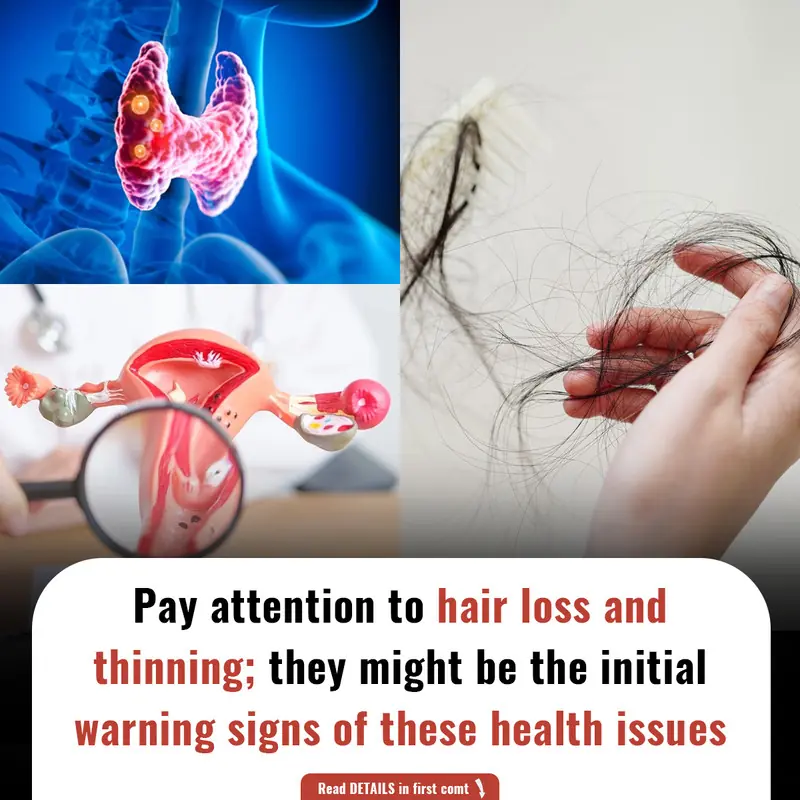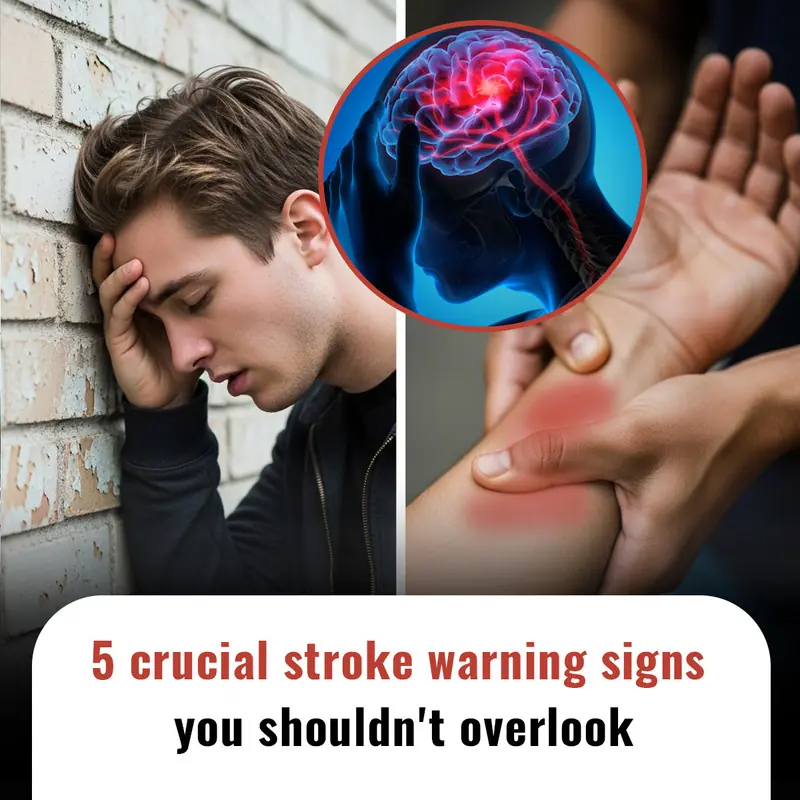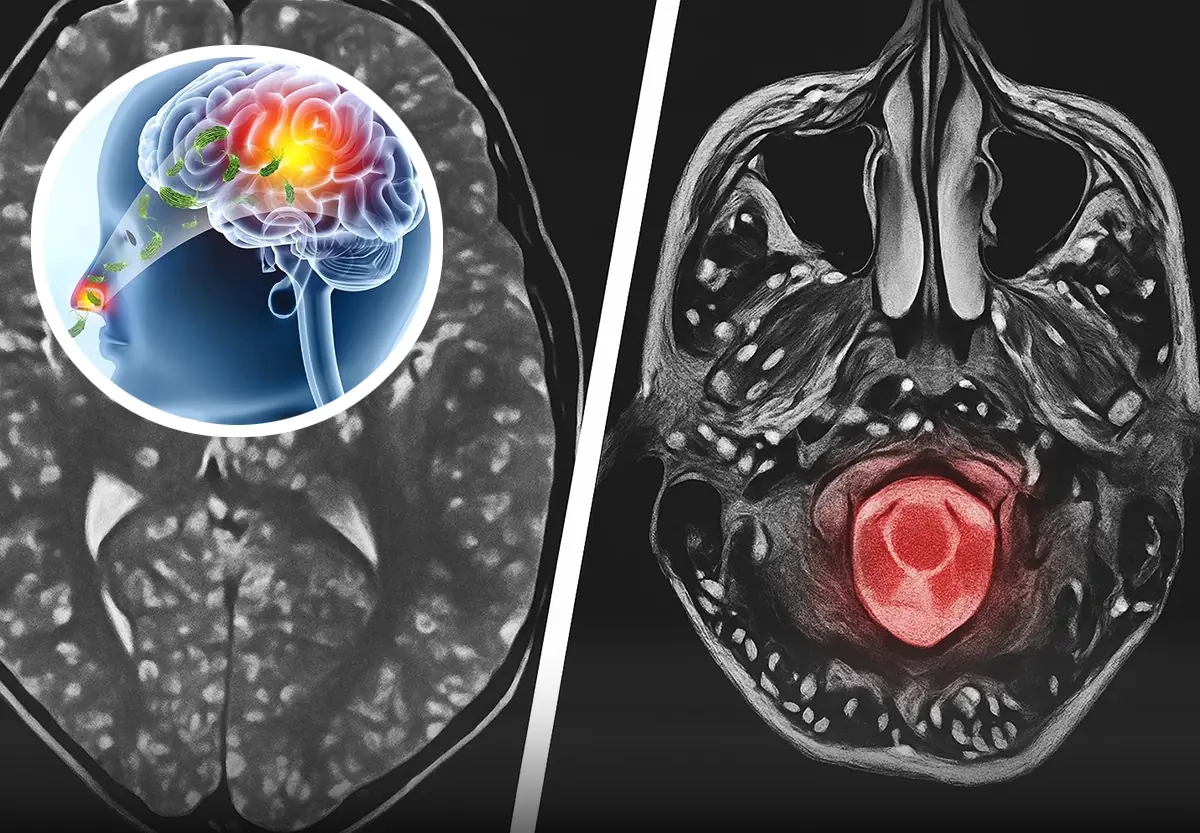Liver diseases are increasing globally, marked by conditions like NAFLD, hepatitis, and cirrhosis, leading to a surge in liver-related deaths. Early detection is crucial due to the silent progression of these diseases. Key warning signs include vomiting b
Liver diseases are increasingly common worldwide, with a significant rise in conditions such as non-alcoholic fatty liver disease (NAFLD), hepatitis, and cirrhosis. Liver-related fatalities have surged over the past decade, as highlighted in a 2023 report, with lifestyle factors and late diagnoses playing a major role. What makes liver disease particularly dangerous is that it often develops quietly, progressing without clear symptoms until reaching a critical stage. Recognizing early warning signs is crucial to preventing severe consequences. Here are some key red flag symptoms that require immediate medical attention. If you experience any of the following signs, seek emergency care right away.

Vomiting Blood
Vomiting blood is one of the most concerning symptoms. Known as hematemesis, this condition often points to serious liver disease, especially cirrhosis. The blood may appear as bright red or resemble dark coffee grounds. This occurs due to ruptured varices—enlarged veins in the esophagus or stomach—common in advanced liver conditions like cirrhosis. The liver's inability to regulate blood flow can cause excessive pressure in the portal vein system, leading to these ruptures. This symptom is urgent, and immediate medical help is necessary. Delaying treatment could lead to severe blood loss or even shock.
Shortness of Breath
While difficulty breathing is often associated with lung conditions, it can also be a sign of severe liver disease. Feeling breathless or struggling to take in air is a serious warning sign. Shortness of breath is a common issue for those with chronic liver disease. Impaired liver function may cause fluid accumulation in the abdomen (ascites) or lungs (hepatic hydrothorax), which can compress the diaphragm, making breathing more difficult. Anemia or internal bleeding can also reduce the oxygen-carrying capacity of the blood, contributing to this symptom. Immediate medical attention is required.
Dark or Tar-like Stool
If your stools appear dark, tarry, or black, it may indicate a problem. This condition, known as melena, often suggests bleeding in the upper digestive tract. It happens due to internal bleeding from ruptured varices or ulcers, conditions worsened by the liver's inability to produce necessary clotting factors. The stool may also be sticky and have a foul odor. This is a serious issue that requires prompt attention to identify and stop the bleeding source.
Confusion and Drowsiness
Feeling unusually disoriented, confused, or excessively sleepy should never be ignored. These could be symptoms of hepatic encephalopathy, a brain disorder caused by liver failure. When the liver fails to filter toxins like ammonia from the blood, these substances accumulate and affect cognitive function, leading to confusion and drowsiness. It’s important to seek immediate medical care to manage toxin levels and prevent long-term brain damage.
Jaundice
Yellowing of the skin and eyes is a crucial sign of liver dysfunction. Jaundice, particularly if it appears suddenly, is a serious warning. This occurs when the liver can no longer process bilirubin, a waste product from red blood cells. Though jaundice can have other causes, new or worsening cases without prior symptoms may indicate significant liver disease. If you notice this sign, especially in conjunction with other symptoms like fatigue or abdominal pain, seek medical attention without delay.
Disclaimer: This information is based on online research and is intended for general educational purposes. It should not replace professional medical advice.



































